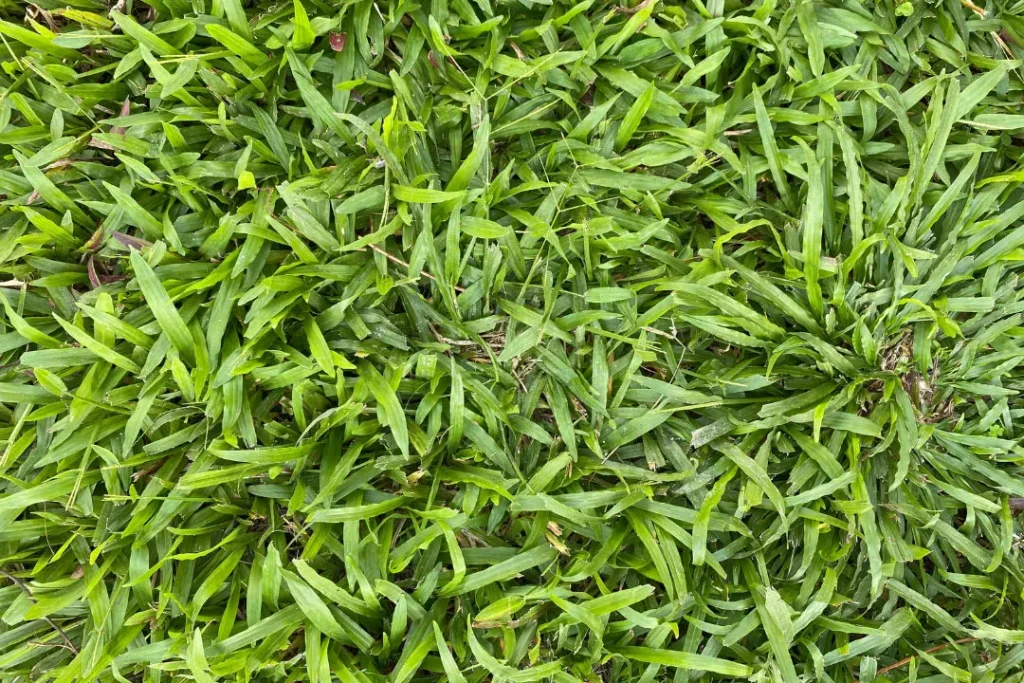The perennial grass known as deertongue, or Dichanthelium clandestinum in scientific jargon, is indigenous to the Eastern United States. Deertongue, often called “vanilla grass” because to the sweet, vanilla-like scent of its dried leaves, has been used traditionally for a number of purposes, including flavoring and conventional medical procedures. Deertongue has been used in folk medicine, but little is known about it, necessitating a thorough investigation of its chemical components, health advantages, dose, probable adverse effects, and interactions.
You May Also Like:
Devil’s Club: Benefits, Dosage, Side Effects, Drug Interactions, and Other Important Information
Dandelion: Benefits, Dosage, Side Effects, Drug Interactions, and Other Important Information
Deertongue: Benefits, Dosage, Side Effects, Drug Interactions, and Other Important Information is an original (NootroPicsPlanet) article.
Nature of Deertongue:
The presence of coumarin in deertongue is chiefly responsible for its distinctive scent. Natural plant components called coumarins are employed in fragrances because of their pleasant scent. Additionally, they have been linked to several pharmacological actions, including anti-inflammatory, anticoagulant, and vasodilatory qualities. Alkaloids, phenolic acids, flavonoids, and other substances are also present in deertongue and may also have medical uses.
Health Benefits of Deertongue:
Deertongue has only received a small amount of study, therefore it is important to approach any possible health advantages with the knowledge that there is still much that has to be conclusively demonstrated. However, based on its understood chemical components, we may deduce certain possible advantages.
Flavonoids and phenolic acids are present, which may have anti-inflammatory effects. It has been demonstrated that these substances decrease the activation of NF-kappa B, a protein complex implicated in inflammatory reactions, and prevent the production of pro-inflammatory cytokines. Coumarins have also been recognized for their vasodilatory effects, which by lowering blood pressure and improving blood flow, may help to promote cardiovascular health.
Warfarin’s anticoagulant effects are caused by coumarins, which allude to deertongue’s potential anticoagulant effects.

Chemistry of Deertongue:
The main chemical component of deertongue is coumarin, an aromatic organic molecule that is present in a wide variety of plants. This substance is responsible for the distinctive vanilla-like scent of deertongue. In addition to coumarins, deertongue also includes bioactive substances including flavonoids and phenolic acids that have been linked to a variety of pharmacological effects.
Physiological Mechanism of Action:
Investigating the impact of deertongue’s chemical components on the body is necessary to comprehend the physiological mechanism of action. Deertongue contains flavonoids and phenolic acids, which have anti-inflammatory benefits via several mechanisms. They are well known to reduce the nuclear factor-kappa B (NF-kB) pathway, a crucial signaling system involved in inflammation and immunological response, and to decrease the generation and action of pro-inflammatory chemicals, such as cytokines.
Coumarin, the main chemical in deertongue, has the potential to prevent blood from clotting normally, which gives it an anticoagulant function. The widely used anticoagulant medication warfarin is produced from coumarin derivatives. They lessen the capacity of blood to clot by inhibiting the creation of vitamin K-dependent clotting components in the liver.
Coumarins are known to cause vasodilation, which widens blood vessels and increases blood flow while lowering blood pressure. Specifically in the big veins, large arteries, and smaller arterioles, smooth muscle cells within the artery walls relax to do this.

Optimal Dosage of Deertongue:
Due to a lack of comprehensive scientific testing, the ideal dose of deertongue as a nutritional supplement has not been determined. According to traditional use, most individuals can safely consume tiny quantities (less than 1 gram per day). To determine the ideal dose for various demographics and medical situations, more study is required.
Side Effects of Deertongue:
Deertongue is typically regarded as risk-free when used in moderation, but because to its high coumarin concentration, excessive ingestion may be harmful. Hemorrhagic diathesis and liver damage from excessive coumarin use have both been linked. Therefore, it is essential to utilize deertongue sensibly and under a doctor’s supervision.

Potential Substance Interactions:
Deertongue may interact negatively with blood-thinning drugs including warfarin, aspirin, and clopidogrel due to its probable anticoagulant effects, raising the risk of bleeding. Given that coumarins can impact liver function, it can also interact with drugs that are processed by the liver. As a result, before using deertongue, those who are taking such drugs should speak with a healthcare professional.
Best Responsible Use
The chemical composition of deertongue, which includes coumarins, flavonoids, and phenolic acids, suggests that it may have health advantages. However, a lot of information on its effectiveness, safety, and ideal dose is still unclear due to the paucity of rigorous scientific study. Research is urgently needed to examine the plant’s possible medical benefits, drawbacks, and interactions with other drugs. It is essential to utilize deertongue sensibly and under a healthcare professional’s supervision up till more conclusive information is available.
Deertongue: Conclusion
Deertongue has had a multitude of uses throughout the years, ranging from a natural air freshener to an indigenous medicinal cure-all. Keep in mind that, because of the lack of study, the optimal dose of deertongue may not be acceptable for some. When trying deertongue for the first time, heed caution that your liver may suffer an adverse reaction with improper use. Even though the risk can be daunting for some, sensible dosage and doctor supervision can help you achieve the cardiovascular benefits you’ve been looking for. Using deertongue supplements may be a great way to keep inflammation at bay and decrease high blood pressure.
References:
- Coumarin: Historical Aspects and Therapeutic Applications. Retrieved from: https://www.sciencedirect.com/science/article/pii/S2221169115000659
- Chemistry and Biochemistry of Dietary Polyphenols. Retrieved from: https://www.nature.com/articles/nature06181
- Inhibition of the NF-kappa B Activation Pathway by Flavonoids: Therapeutic Potential in Inflammatory Diseases. Retrieved from: https://www.ncbi.nlm.nih.gov/pmc/articles/PMC2464526/
Important Note: The information contained in this article is for general informational purposes only, and should not be construed as health or medical advice, nor is it intended to diagnose, prevent, treat, or cure any disease or health condition. Before embarking on any diet, fitness regimen, or program of nutritional supplementation, it is advisable to consult your healthcare professional in order to determine its safety and probable efficacy in terms of your individual state of health.
Regarding Nutritional Supplements Or Other Non-Prescription Health Products: If any nutritional supplements or other non-prescription health products are mentioned in the foregoing article, any claims or statements made about them have not been evaluated by the U.S. Food and Drug Administration, and such nutritional supplements or other health products are not intended to diagnose, treat, cure, or prevent any disease.


